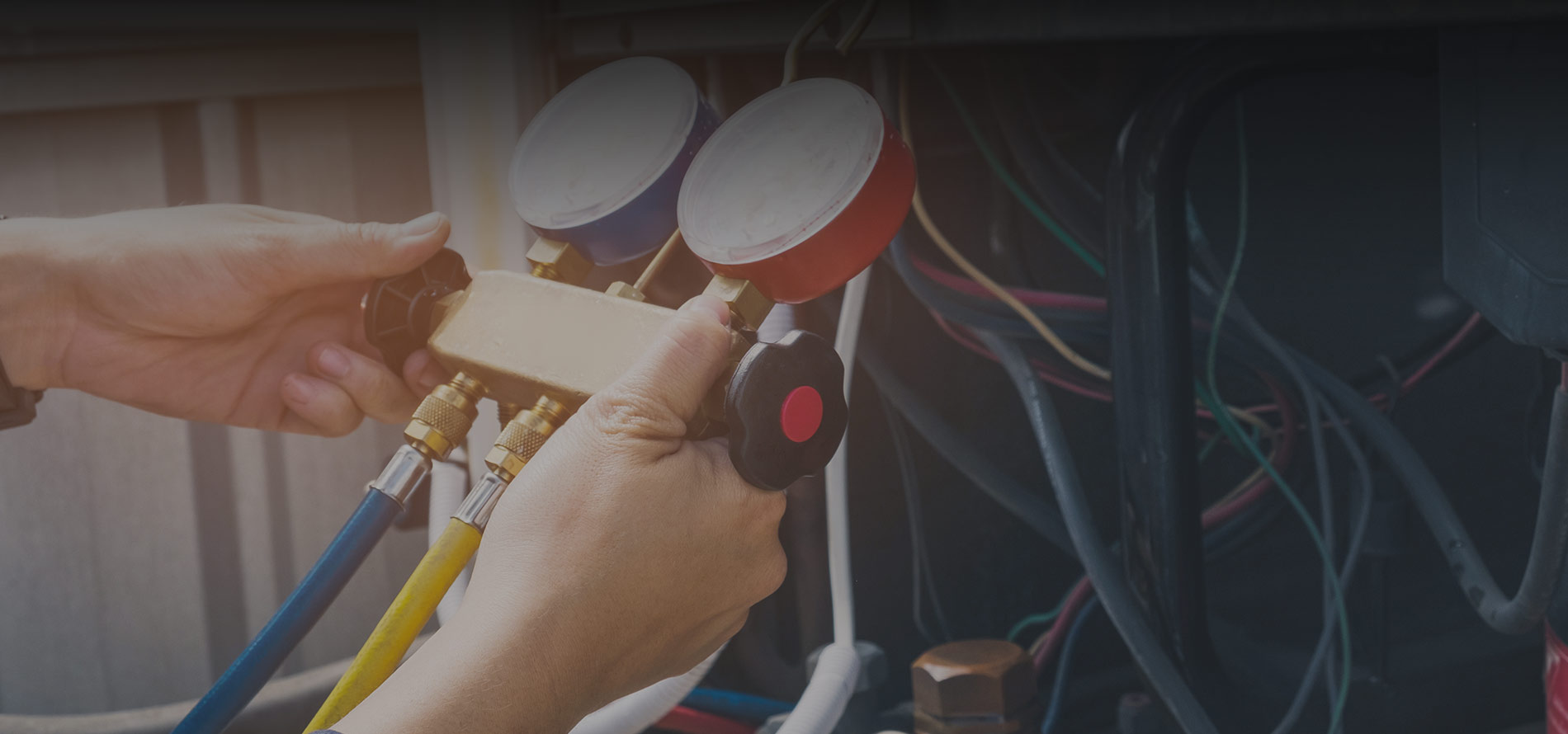HVAC Certification: What to Expect and How to Get the Job
To work as an HVAC technician in the state of Texas you are required to hold a certification that proves that you have the skills and knowledge necessary for the job. Even in the few states where a certification is not essential, it is still an excellent way to show a prospective employer or client that you have reached a particular level of expertise, have undergone additional training in your field, or that you specialize in a certain area, such as duct and envelope testing or system performance.
What the HVAC Certification Process Entails
To gain certification, you need to pass an exam and complete a training program at a technical school accredited by an organization like HVAC Excellence or the Partnership for Air-Conditioning, Heating, Refrigeration Accreditation (PAHRA). Training programs can last anywhere from six months to two years. Along with your training, you will need to take part in an apprenticeship program, which may take up to four years.
Process Requirements
To apply for a certification, you should fulfill the following criteria:
- Be in good physical condition.
- Understand technical drawings, diagrams, charts, and graphs.
- Possess strong attention to detail, particularly for safety matters.
- Know how to use electronic devices, output gauges, and other instruments.
- Have a good comprehension of mechanics and enjoyment of working in this field.
- Possess competent troubleshooting skills.
- Know how to use a range of hand tools and power tools.
- Communicate and work well with other people.
Common Courses
Courses that make up certifications vary considerably according to your area of focus. If you work with refrigerants or refrigeration systems, you are required by the EPA to obtain a Section 608 certification. Otherwise, you may study carbon monoxide safety, heat oil combustion, systems diagnostics, troubleshooting, green awareness, use of R-410A refrigerant systems, or many other subjects.
How Certification Leads to a Job
With an HVAC certification, numerous paths will open to you in the areas of installation, maintenance, service, and repair of temperature control equipment. You will have a much wider range of opportunities available than those who do not hold a certification, including the chance of promotion to managerial and supervisory positions and work in sales or marketing. A certification can even allow you to work as a cost estimator, system testing and balance specialist, or building superintendent. If you want job security in your HVAC career, a certification is for you. Contact us for more information about our programs at Southern Careers Institute and for details about how to enroll.
This article was published on: 05/4/15 4:14 PM
* SCI does not guarantee employment or a starting salary upon graduation, completion, or withdrawal from SCI. As an accredited post-secondary institution, SCI has various federal financial assistance programs available for students who qualify and are enrolled in SCI programs. This does not apply to seminar students.
GI Bill® is a registered trademark of the U.S. Department of Veterans Affairs (VA). More information about education benefits offered by VA is available at the official U.S. government Web site at http://www.benefits.va.gov/gibill.

